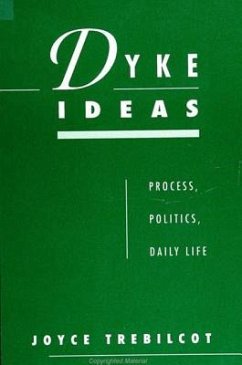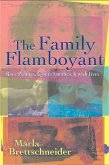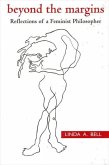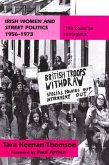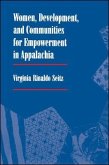Dyke Ideas is a passionate and insightful contribution to lesbian philosophy. The main value is wimmin--women separate from men and men's inventions. "Craziness," guilt, competition, sex, and other topics are explored in ways that reject male values and move toward wimmin-identified cultures. Method is central. The authoritarian, God's-eye stance typical of academic writing is disavowed in favor of an approach that denies that others "should" accept the author's beliefs. Persuasion is tyranny, Joyce Trebilcot thinks, so she tries not to interfere with a reader's processes of creating/discovering her own ideas. This book suggests that lesbian philosophy is like a potluck: wimmin bring their own contributions and also help themselves to the offerings of others. Dyke Ideas is written in a candid, clear, jargon-free style that makes it accessible to a wide range of readers. The writings (which include essays, poetry, a dialogue, and forms without names) resonate with the feelings and thoughts of many wimmin.

